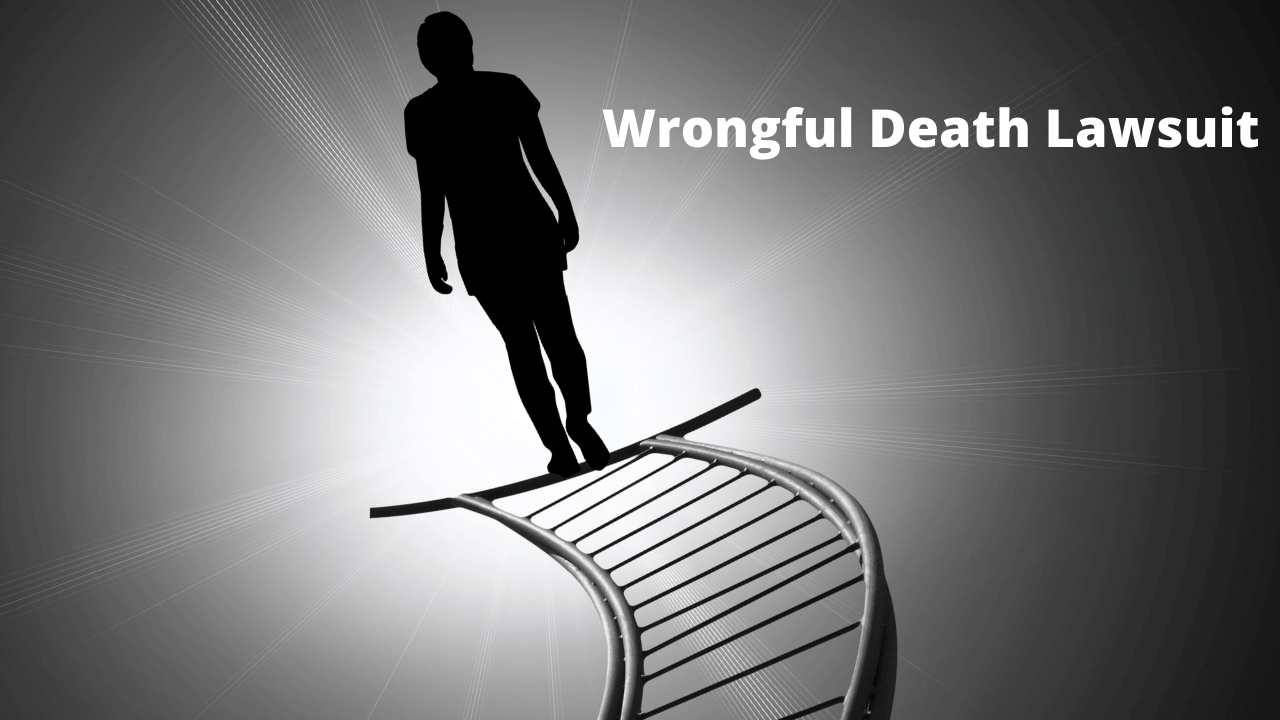Education
Documentation needed in a wrongful death lawsuit
Published
3 years agoon

wrongful death lawsuit
A wrongful death lawsuit is a challenging experience, and it is one that you must make sure you do properly. There are important steps that you need to follow, and these steps include getting the appropriate documentation to make your wrongful death lawsuit go smoothly. We will go through the relevant documentation to make that part of the process all the easier.
What documentation is needed in a wrongful death lawsuit?
This kind of documentation is not only important for the sake of getting your case off the ground, but also to establish a baseline for your lawsuit in the first place. If you do not have the appropriate documentation available in your lawsuit, then your case is already dead on arrival. There are certain things you can gather on your own, but it will be a significantly lessened burden if you decide to file a wrongful death claim with the help of an attorney throughout the process. Not only can they more quickly and easily access the appropriate documentation, they are more aware of what this documentation even is.
First, it is important to obtain the death certificate, as well as any police reports relevant to the death. This death certificate will have the best estimate of time of death, as well as the cause of death according to the coroner. A police report will not necessarily be involved in the death. An incident such as a car accident will likely get the police involved, though that is not the only time the police will become involved. The police report has a decent likelihood to contain evidence and summation of the scene, which could well prove valuable to establishing facts advantageous to your case.
The next document is a type of document that may very well not even exist for this specific situation. Namely, the autopsy report. An autopsy report is generally created in situations where there exists suspicion over the circumstances of the death, or if the cause of death cannot be easily gleaned without examining the corpse in greater detail. This may be done with or without involvement from the victim’s loved ones where suspicion is involved.
Medical records may also prove invaluable if the wrongful death lawsuit involves alleged medical malpractice. Even though these documents are generated by the people who you would be accusing, there are ways to glean certain details from them. For example, there may be errors or missing information involved in the medical records, which can be used to suggest incompetence or negligence, both of which contribute to a solid wrongful death claim. If a medical record does seem to be suspicious — including, but not limited to inexplicably missing information — you may decide to have an autopsy conducted. Hopefully, said autopsy should help you ascertain whether there is cause to pursue a wrongful death lawsuit.
Medical records to do with the victim are not the only ones that are going to be potentially relevant, however. For example, the loss of a loved may very well result in pain and suffering, leading a person to seek mental health treatment and grief counseling to deal with this. These kinds of records can be used to demonstrate in court that the loss has affected your mental health, and as such, compensation for that mental anguish is needed.
Documentation to prove the amount of damages that should be paid
A lot of the documentation is to do with whether a wrongful death occurred, and the circumstances that surround them. However, this next piece of documentation is to do with how much money a person may expect from a wrongful death lawsuit outcome. It’s important to be able to show, for instance, the specific financial impact associated with the wrongful death incident. In addition to this, documentation of family records are important to include. A combination of the victim’s tax records, and family records can go to show not only the financial worth, but also the responsibilities they had in the household. For instance, if the victim was the primary earner in the household, these records can help show the coming losses you will have. You can also provide their pay stubs to demonstrate wages. The victim may also have certain benefits from their job that were originally being provided for you, such as work-provided medical and dental plans, as well as their pension.
A spouse can claim more than just financial losses, however. This could come in the form of a loss of companionship (which will often apply to other family members, such as a parent-child relationship). A loss of companionship can, and often does, result in an abundance of loneliness, especially with having one fewer loved one in the household. On top of this, a spouse may experience a loss of consortium, meaning that they now lose out on romantic and sexual relations. In the case of a parent-child relationship, the child can claim a loss of parental care and guidance against the defendant. These kinds of things are a lot less tangible, so a strong argument crafted in conjunction with your attorney is invaluable.

Trending

 Banco4 years ago
Banco4 years agoBanjercito

 Gaming3 years ago
Gaming3 years agoNBA 2K21 Best Controller Settings

 Social Media3 years ago
Social Media3 years agoHow to prepare a publication schedule

 Indonesia4 years ago
Indonesia4 years agoSerial Number CorelDraw X7 Aktivasi Kode 64/32 Bit | Dijamin Bisa

 Filmora4 years ago
Filmora4 years agoWondershare Filmora 9 Activation Key and Email Free 2020

 Education1 year ago
Education1 year agoJuan Monteverde on the Unexpected Costs of Corporate Fraud

 Indonesia3 years ago
Indonesia3 years agoMangastream – 15 Alternatif Terbaik untuk Membaca Manga Online [2021]

 Education4 years ago
Education4 years ago28 Best Bane Quotes From The Movie “The Dark Knight Rises”
You must be logged in to post a comment Login